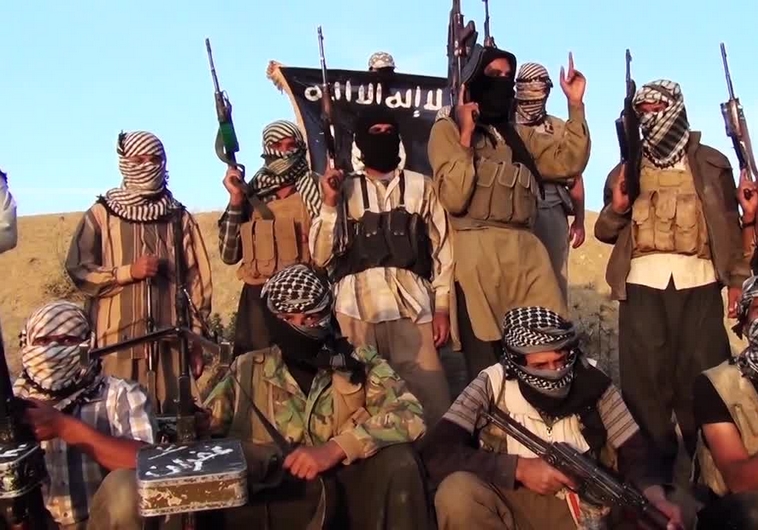The US and Iraqi and Syrian armies go to pieces against ISIS drive. Israel, Jordan, Saudis alarmed
DEBKAfile Special Report May 22, 2015
The fall of Damascus and Baghdad, or large slices thereof, into the rapacious hands of the Islamic State, is no longer a debatable subject of strategic forecasts. Today, the capital cities of Syria and Iraq are within the Islamists’ grasp. The Middle East is about to pay the price for President Barack Obama’s single-minded obsession with a US détente with Tehran and a nuclear accord. It is the end product of Washington’s insistence on playing down ISIS as a formidable opponent and contention that the meager US-led coalition air campaign destroyed much of its operational capabilities, which proved to be an illusion. Equally fallacious was Obama’s trust in the Iranian Revolutionary Guards Corps and its terrorist arm, the Al Qods Brigades, to curtail the Islamist momentum.
Washington’s trust has since faded. Tehran too has cooled to the idea.
In March, a group of Iraqi Shiite militias commanded by Al Qods chief Gen. Qassem Soleimani, managed to snatch parts of the Sunni Iraqi town of Tikrit from Islamist grasp. That was Iran’s first and last engagement against ISIS in Iraq. After that, supreme leader Ayatollah Ali Khamenei decided to pull back from engaging Sunni Muslims in an overt sectarian showdown. It was clear to him, that the battlefield was not Iran’s forte, but rather subversion, clandestine warfare and limited support for local Shiite surrogates.
As the Islamists advanced, therefore, Tehran cut back on further military intervention in Syria and Iraq and turned instead to Yemen and the Houthi rebellion as its vehicle. This is a smaller arena, which is no less strategically valuable than Iraq and Syria, thanks to its command of the globally important Gulf of Aden and the Strait of Bab el-Mandeb to world shipping.
Khamenei also saw the US president had little appetite for fighting the Islamic State. He concluded that Tehran would be better off saving the Iranian army and Revolutionary Guards forces for defending its borders against potential ISIS assault from neighboring Iraq, instead of wearing them down in Iraq and Syria.
The Iranian leader also decided that if the United States could only afford a very minor-key air campaign against the Islamist terrorists, Iran’s air force should not be called on for a greater effort.
All these circumstances combined to tip America over into the heart of the fiercely burning Middle sectarian conflict between Sunnis and Shiites. Washington’s latest plan to send arms to Iraqis of both sects who are ready to defend Baghdad looks like a certain recipe for stoking the sectarian fire, or even pushing ISIS into an offensive to seize the city.
The Islamists have until now held back from an all-out offensive to capture Baghdad for a variety of tactical considerations. A city of this size is a bit too large for the Islamists to swallow, hold and administer. It suits the jihadists better to hold the town to siege and under constant terrorist harassment.
The most knowledgeable sources in the region can’t explain what part the US Central Command is playing as a military factor in any of these conflicts – in particular, Gen. John Allen, whom Obama last year named Special Presidential Envoy for the Global Coalition to Counter ISIS. Some account for their low-to-vanishing profile by their having been preoccupied in preparing a grand campaign for the recovery of Mosul, Iraq’s second largest city, which is under ISIS rule.
Today, this plan looks like a pipe dream. ISIS has caused a Middle East earthquake after another by capturing Ramadi in Iraq and Palmyra in Syria in a matter of days. Their alarmed neighbors in Jerusalem, Amman and Riyadh have been forced to conclude that their borders are in danger – not just from Iran, but also from ISIS, and they will have to confront these perils on their own.






















